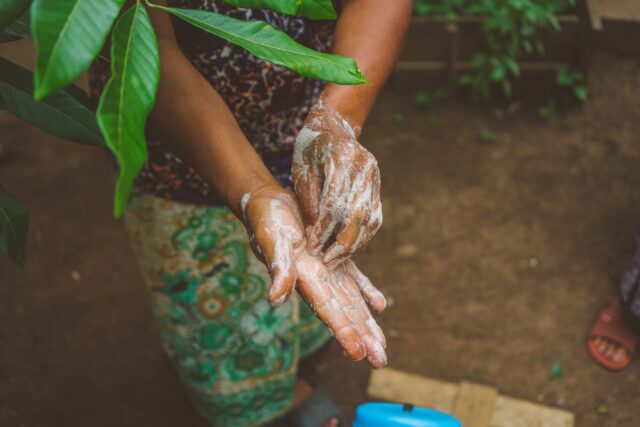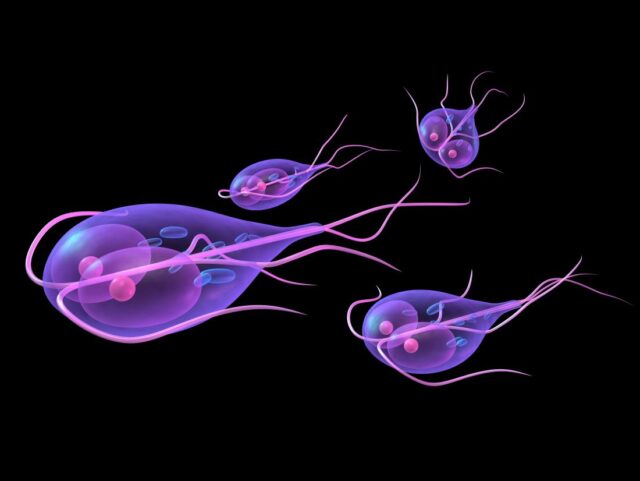
When areas are in lack of safe and accessible water sources, the vitality of millions of people becomes threatened. This is very common in developing countries and it happens when the water is contaminated with pathogenic microorganisms. These microorganisms can include internal parasites, viruses, bacteria, and protozoa. As a result, the microorganisms thrive and, therefore, reproduce, afflicting many bodily harms and illnesses.
Of the seven most common waterborne diseases, diarrhea is the leading and most recurrent symptom of all. In fact, diarrhea should not at all be taken lightly, as it is found to be the second leading cause of death for children under five. However, waterborne diseases can give rise to other types of symptoms as well, all of which are highly unpleasant to the body and mind. Fortunately, some of these diseases can be easily treated, while others may require intensive care.
With that said, it is true that governments around the world have been making great strides in the past 20 years, effortlessly working to see through the extinction of waterborne diseases around the world. But there still remains so much to be done. On that note, here are some of the most common waterborne diseases and how you can keep your family and yourself safe from their harm.
Typhoid Fever

Among the most well-known illnesses found in extremely poor parts of the world is the typhoid fever. The disease spreads through contaminated food and is usually the reason for poor sanitation. Furthermore, the disease is considered to be highly contagious, as it is estimated that 20 million people suffer from typhoid each year.
The symptoms include muscle aches, diarrhea, sweating, and fatigue. Moreover, those infected with typhoid may suffer from a gradually increasing fever. With that said, when it comes to protecting your family from this waterborne disease, it is crucial that you take all safety precautions.
Typically, this will entail things such as not drinking water unless it is bottled and sealed. Additionally, it is best to refrain from indulging yourself to food from villages or anything that may seem unsanitary. On top of that, make sure that both you and your family get vaccinated, especially if you are traveling to areas with poor sanitation and an unsafe water source. In the event that in spite of all your efforts, either you or a member of your family get infected, typhoid fever is treated with antibiotics.
Cholera
In areas where poverty is rampant, poor sanitation is usually not that far away. Cholera is one of the most fatal waterborne diseases, as it can end a life within days, or, in more extreme cases, a few hours. It has a few life-threatening symptoms, which include diarrhea and severe dehydration. Furthermore, symptoms such as vomiting, nausea, and muscle cramps may begin developing.
Nevertheless, as serious of a disease as cholera is, it is actually easily prevented. Simply, by regularly being reminded to wash your hands, the chances of getting infected with cholera will have been dramatically reduced. Moreover, look to steer away from raw and uncooked food, like sushi, and only eat the vegetables or fruits that you can peel yourself. In addition to that, make sure you only drink safe water.
Naturally, if you are visiting an area that is rampant with cholera, sticking by the aforementioned safety precautions should not be difficult. However, full-time residents of said areas may find coexisting with the disease to be challenging, especially as they will need to make sure the water is safe and ready for use. Yet, seeing as you can easily obtain an osmosis water filter, and learn all about their health features by checking this site, you will have gained access to a great tasting drinking water.
In addition, the osmosis water filters are tremendously affordable, while they can also be easily installed. But try to look for reputable products that feature a good GBD capacity, which can ensure that there is always enough water going around, regardless of how big your family is. This will also allow your household to maintain good hygiene by enabling your family to safely wash their hands.
Giardiasis

Giardiasis is a waterborne disease that is different from the other illnesses, seeing as it is caused by a parasite. What this means is that giardiasis is shared through water contamination. It is typically found in ponds or streams, but also in swimming pools and other water supply sources. Unlike the other diseases, giardiasis can clear up within a matter of weeks. But, if a person gets infected, they may be exposed to many years of intestinal problems.
The symptoms of giardiasis include nausea and diarrhea. However, seeing as it targets the intestines, those infected may also develop cramps, bloating, abdominal pain, and weight loss. For this reason, it is vital that you keep your family safe from this disease.
While medicine has not yet developed a vaccine for giardiasis, people can easily avoid infection. Simply by washing your hands, with soap of course, the chances of infection will have been enormously minimized. Also, it is important to remain cautious whenever you go for a swim, by remembering not to swallow water. As for water drinking, bottled and sealed water will neutralize many of the dangers. In addition, look to utilize the benefits of osmosis water filters, which can heavily reduce the chances of coming into contact with this parasite. Remember, if you do get unlucky and become infected, your immune system will naturally dispose of the disease. If your condition worsens, typically doctors will prescribe a combination of antibiotics and anti-parasite medications.
All in all, waterborne diseases are by far one of the most dangerous ways of facing serious health problems. They are easily transmitted and bring a number of unpleasant symptoms, which can affect the body and mind. However, just as easy as they are transmitted, it is even easier to avoid them by maintaining good hygiene and remaining mindful of what enters your body.
Additionally, most waterborne diseases can be thwarted with a vaccine and those that have not yet had a vaccine developed can be warded off with medication and a strong immune system. Remember, in order to ensure that your water system is clean and safe, install a water filter.







